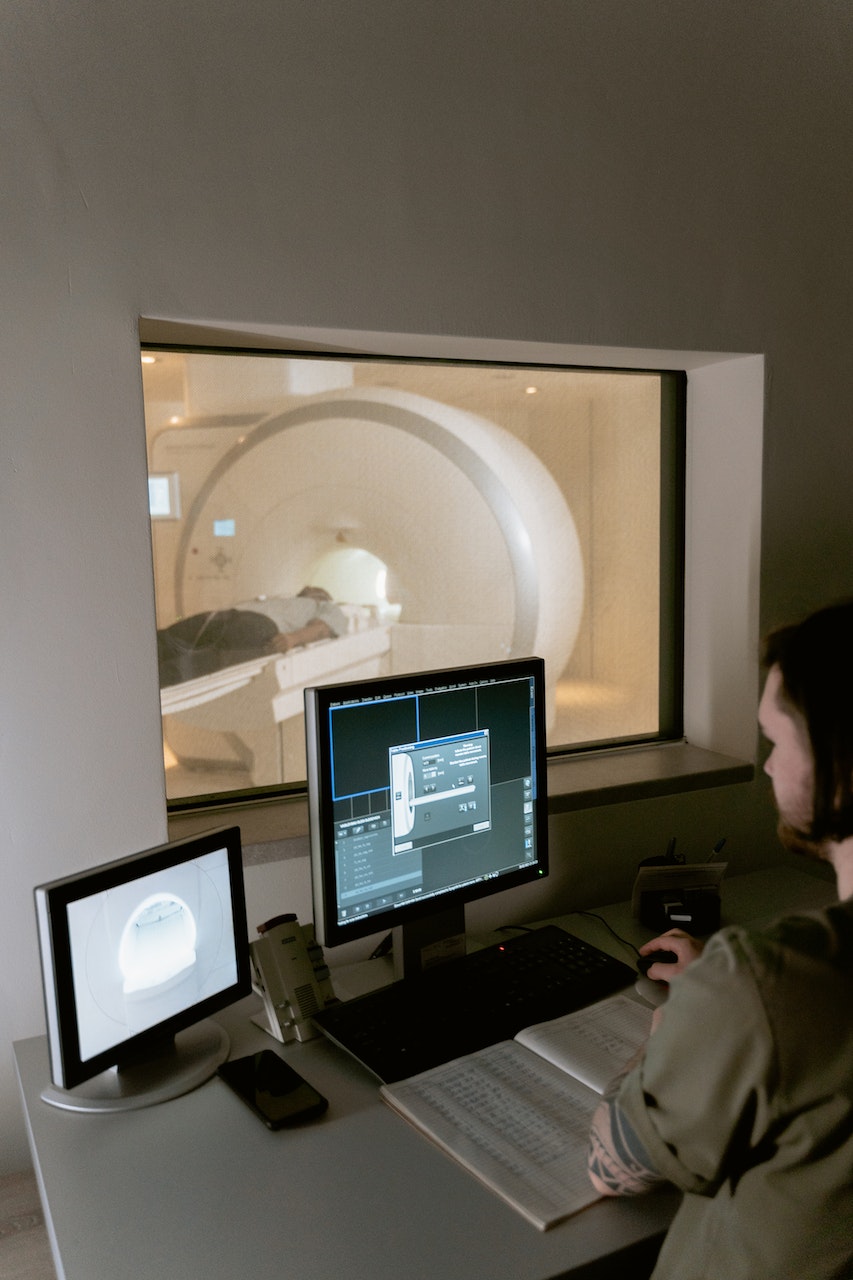 We spend a large proportion of our lives at work – so it comes as no surprise that a high number of personal injury claims result from accidents that happen when people are at work.
We spend a large proportion of our lives at work – so it comes as no surprise that a high number of personal injury claims result from accidents that happen when people are at work.
Your employer has a legal duty to look after you. An old case decided in 1937 between a mineworker called Mr English and his employers, Wilsons & Clyde Coal Company, set out the extent of this duty.
The House of Lords defined the legal duty that an employer owes to their employees as consisting of four main duties. These are:
- Providing a safe place of work and making sure the workplace is kept safe
- Ensuring that there is a safe way of doing the work and making sure that it is done safely
- Making sure that any machinery, tools, or equipment used for work is safe and stays in good working order
- All employees must be competent to do their job properly and without endangering fellow employees
If an employee suffers an injury because their employer has failed to fulfil one or more of these duties, they are legally entitled to claim compensation for their injuries.
As well as the duties set out by the House of Lords in English v Wilsons & Clyde Coal Company, there is an ever increasing number of laws or ‘statutory duties’ that impose strict rules on employers to make sure their employees are kept safe whilst they are at work.
These cover a wide range of different requirements including manual handling, providing safety equipment, working at height, and even the use of display screen equipment such as computer monitors.
A particularly important law brought in to protect employees is the Management of Health and Safety at Work Regulations 1999. This obliges all employers to carry out a risk assessment of all the risks to the health and safety of their employees that they may be exposed to whilst they are at work. An employer must carry out a proper risk assessment whenever there are changes to the way their employees work or where their employees work. If an employee is injured at work and their employer did not carry out a suitable risk assessment of the cause of the accident, it is strong evidence to suggest that they be liable to pay compensation to the injured employee.
The duty to keep employees safe whilst at work is becoming increasingly complicated and it is important to seek professional legal advice about what your rights to compensation are if you do have an accident when you are working.

 We spend a large proportion of our lives at work – so it comes as no surprise that a high number of
We spend a large proportion of our lives at work – so it comes as no surprise that a high number of 









